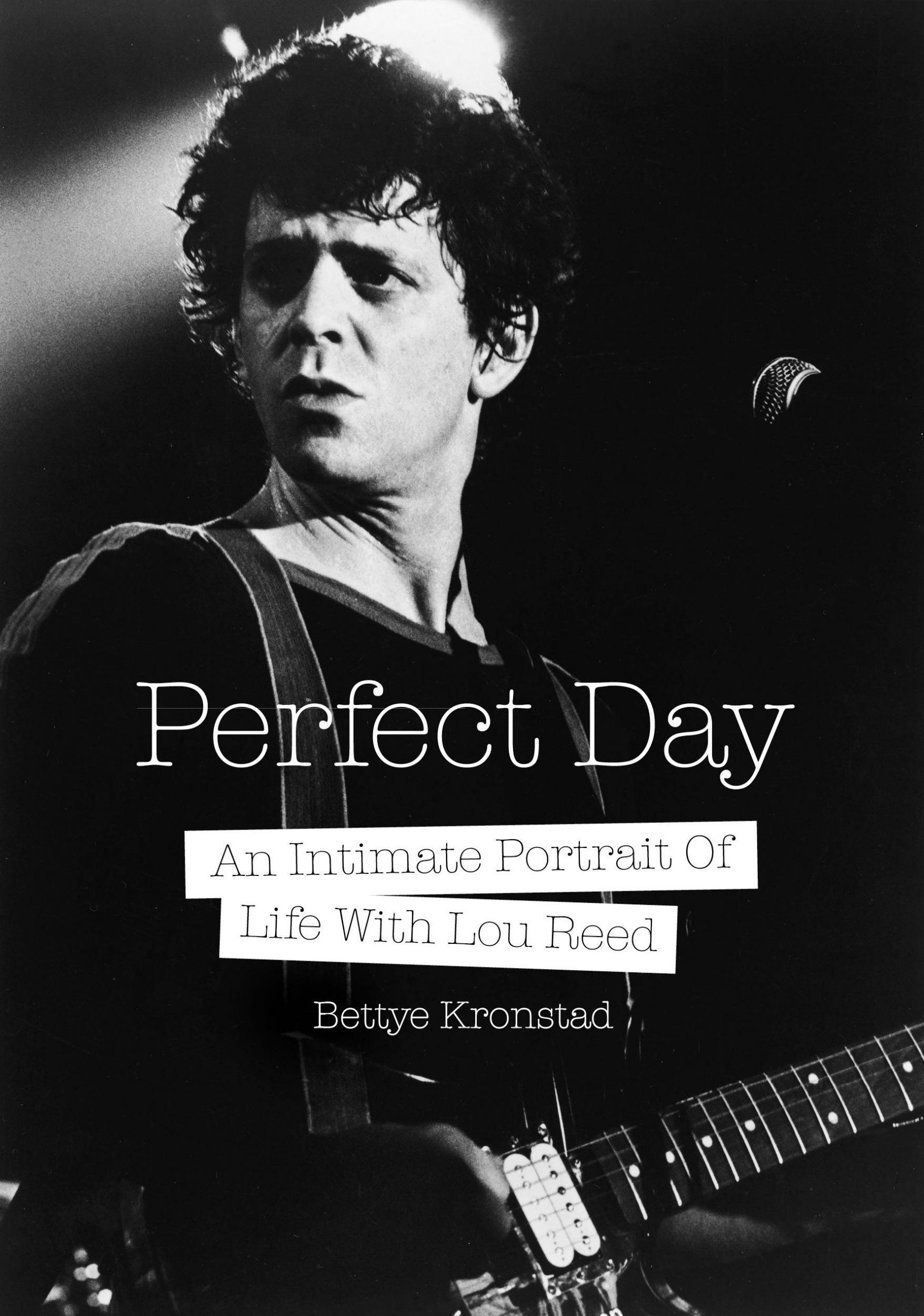Perfect Day: An Intimate Portrait of Life With Lou Reed by Bettye Kronstad, review: An admirable job in presenting Reed as a misunderstood genius
The ups and downs of being in a relationship with Lou Reed is brought to life by his first wife, Bettye Kronstad, whom he met in 1968

Lou Reed and Bettye Kronstad met in the hallway of a New York hospital in 1968. She was an 18-year-old student at Columbia and he was frontman of The Velvet Underground. “Hey, you! Beautiful!” Kronstad recalls his catcall, before he slapped her on the bottom. In the building, coincidentally, to visit the same mutual friend, Reed hotly pursued this “normal”-looking girl, and they became a couple for the next five years. They were even married briefly in 1973, before divorcing, reconciling, then finally parting ways for good later the same year.
By Kronstad’s own account they were a fairly mismatched pair from the start. She wasn’t involved in the music scene, not even as a groupie, and she didn’t really drink, let alone take drugs, before Reed came along. They fell in love though, that much is clear, and she does an admirable job in presenting Reed as a misunderstood genius. He wanted to be appreciated for his writing, but could only find success as a songwriter and performer. He left the Velvets, for example, to pursue a career as a poet, taking a job as a typist in his father’s company and moving back into the family home on Long Island in order to fund his dream: the “lost years” to Reed aficionados, but for Kronstad the best in their relationship.
He also struggled with drug and alcohol addictions, and soon became dependent on Kronstad herself being around to get him through the day. His refrain of “I need you, Bettye” runs through the book: each time Kronstad reminds her readers that she didn’t want to be needed, she wanted to be wanted. Theirs was a relationship of increasing strife and too few perfect days. Though even when filing for divorce after discovering that Reed had begun shooting up (she always said she’d walk if she found him with a needle in his arm) she takes solace in the fact his song “Perfect Day” had been written about and for her.
It’s not a perfect book either. I’m suspicious, for example, of the reams of conversation Kronstad supposedly remembers word-for-word 40-odd years after the fact, and she has a tendency to repeat herself. All in all, the intimacy of her approach is both what appeals and what weakens the project. Kronstad cites the expected “setting the record straight” aims with bigger ambitions about throwing light on what it’s like to live with someone with an addictive personality and the problems associated with a world that “doesn’t value or support the arts” enough – she sees Reed as someone who was forced down a path he never should have taken. I suspect many of his fans will bristle at this, but then again any memoir written about a sidelined author’s famous partner inevitably runs the risk of being accused, by fans of the celebrity in question, of, at best, having an agenda, and at worst, an out and out attempt to destroy the myth.
Perfect Day: An Intimate Portrait of Life With Lou Reed by Bettye Kronstad (Jawbone, £14.95)
Join our commenting forum
Join thought-provoking conversations, follow other Independent readers and see their replies
Comments
Bookmark popover
Removed from bookmarks